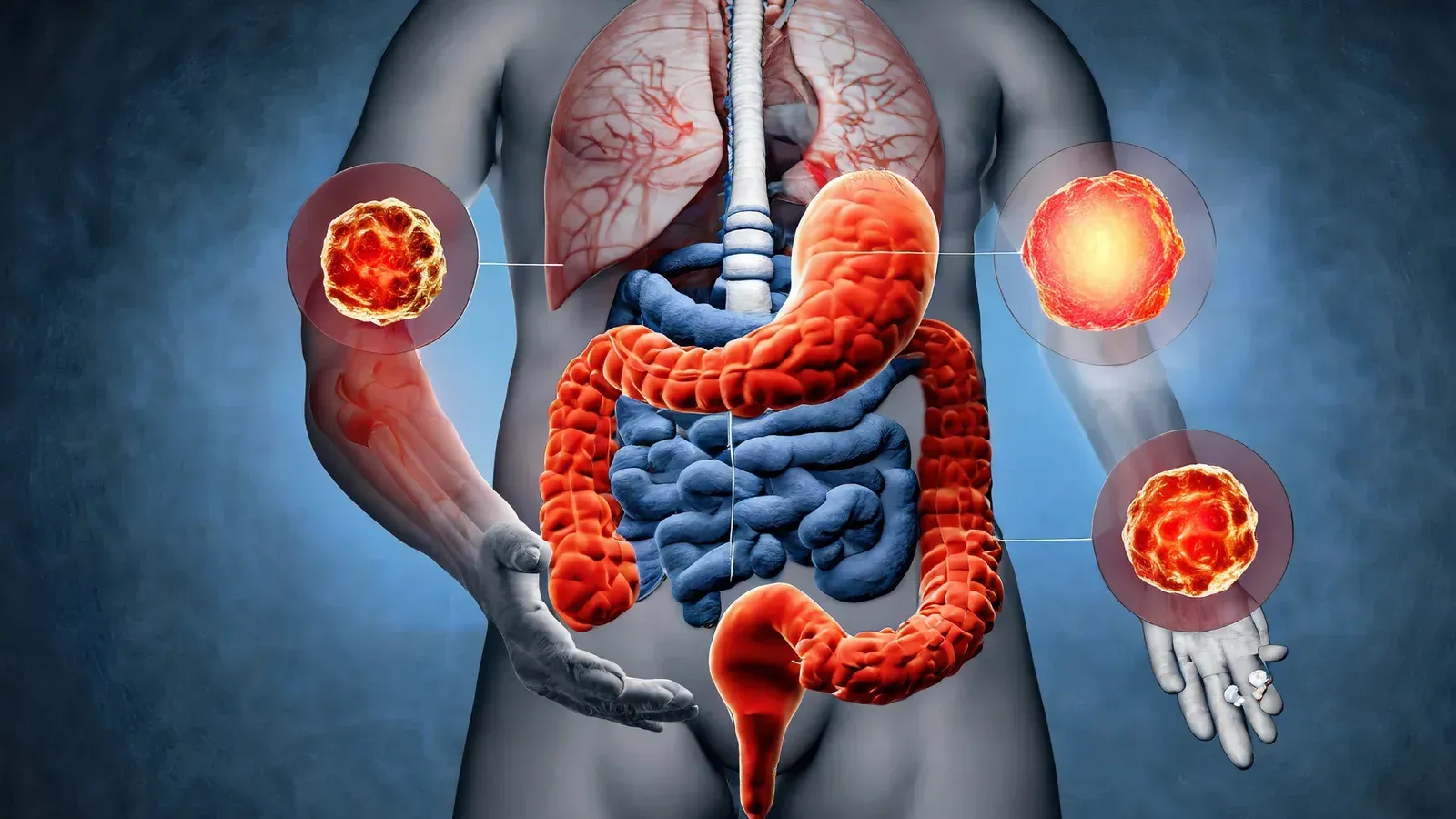Understanding Gastroparesis Symptoms: A Comprehensive Guide
Gastroparesis is a digestive disorder characterized by delayed emptying of the stomach, leading to a variety of symptoms that can significantly impact a person's quality of life. Recognizing and understanding the symptoms of gastroparesis is crucial for timely diagnosis and effective management of this condition. This article aims to provide a comprehensive guide to gastroparesis symptoms, highlighting the importance of early detection and appropriate treatment.
What is Gastroparesis and How Does it Manifest?
Gastroparesis is a condition that affects the normal movement of food through the digestive system, resulting in delayed emptying of the stomach. This dysfunction can lead to a range of symptoms, including nausea, vomiting, bloating, and abdominal discomfort, which can vary in severity among individuals.
Common Symptoms of Gastroparesis:
The symptoms of gastroparesis may include early satiety, feeling full quickly after eating, acid reflux, heartburn, and fluctuations in blood sugar levels. Individuals with gastroparesis may also experience unexplained weight loss, malnutrition, and a reduced appetite due to the delayed gastric emptying process.
The Impact of Gastroparesis Symptoms on Daily Life:
Gastroparesis symptoms can have a profound impact on a person's daily life, affecting their ability to eat, digest food properly, and maintain adequate nutrition. Chronic symptoms such as abdominal pain, bloating, and vomiting can lead to physical discomfort, emotional distress, and disruptions in social activities.
Seeking Diagnosis and Treatment for Gastroparesis Symptoms:
Diagnosing gastroparesis involves a combination of medical history evaluation, physical examination, and diagnostic tests such as gastric emptying studies and upper endoscopy. Treatment options for gastroparesis may include dietary modifications, medications to improve stomach motility, and in severe cases, surgical interventions or gastric neurostimulators.
In conclusion, understanding the symptoms of gastroparesis is essential for early detection and effective management of this digestive disorder. By recognizing the common signs of gastroparesis, individuals can seek timely medical evaluation, receive appropriate treatment, and improve their overall quality of life.









